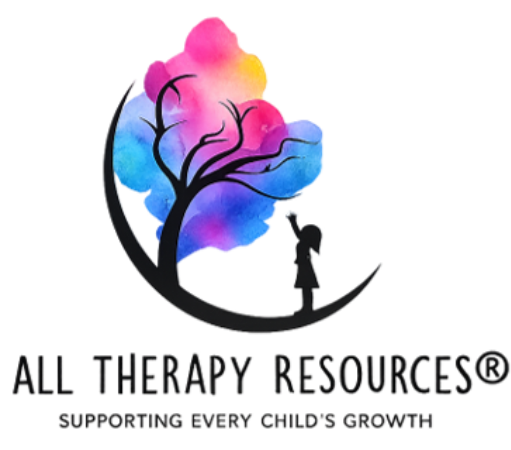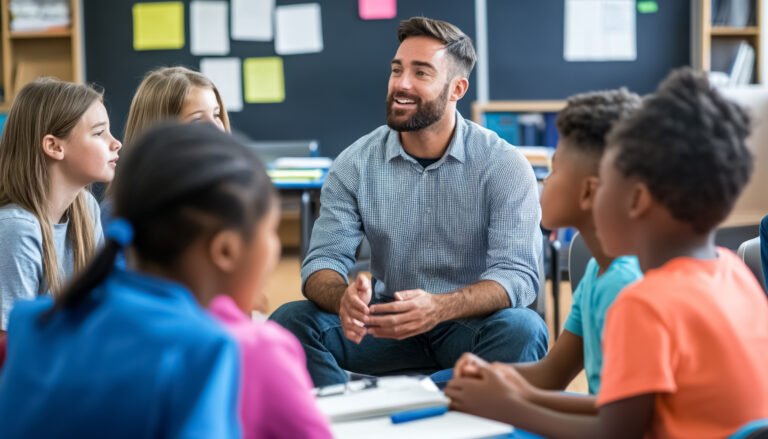
As school counselors and psychologists, we strive to understand human behavior and implement evidence-based strategies to support our students. In this blog, we’ll discuss five intriguing studies from the fields of psychology and counseling, examining their methods, findings, and implications for our practice. From the impact of social media on mental health to the power of a growth mindset in academic achievement, these studies provide valuable insights for counseling and supporting students in educational settings. Let’s look at some of these studies and consider the implications for us as professionals.
The Effects of Social Media Use on Mental Health
A longitudinal study by researchers at Stanford University involved surveys and interviews with adolescents to assess the relationship between social media use and mental health. Participants reported their social media habits while completing standardized measures of anxiety, depression, and loneliness over time. Results indicated a strong link between excessive social media usage and increased anxiety, depression, and loneliness among teenagers.
Implications for School Counselors and Psychologists:
Educating students about the risks of excessive social media use and promoting healthy digital habits can empower them to prioritize their mental health and foster meaningful offline connections. Personally, understanding social media’s impact on mental health has led me to incorporate discussions on healthy digital behavior into my sessions and classroom presentations. I’ve collaborated with colleagues to offer workshops and parent education sessions promoting digital literacy and positive online habits.

The Power of Growth Mindset in Academic Achievement
Psychologist Carol Dweck and her colleagues conducted studies to investigate the influence of growth mindset on academic performance. Participants were randomly assigned to receive interventions promoting either a growth or fixed mindset. Students who embraced the growth mindset showed increased resilience, motivation, and academic success compared to those with a fixed mindset.
Implications for School Counselors and Psychologists:
Integrating growth mindset principles into sessions and activities can help foster a culture of resilience, encouraging students to tackle challenges and realize their full potential. Embracing the growth mindset concept has transformed my counseling approach. I’ve encouraged students to view challenges as opportunities for growth and to celebrate progress. In doing so, I’ve seen students become more motivated, resilient, and engaged.


The Benefits of Mindfulness Interventions for Stress Reduction
A meta-analysis by researchers at Harvard Medical School synthesized results from multiple studies examining the effects of mindfulness-based interventions on stress and well-being. In these studies, participants practiced meditation, deep breathing, and body scans. The meta-analysis showed a significant reduction in stress, anxiety, and depression among those participating in mindfulness activities.
Implications for School Counselors and Psychologists:
Integrating mindfulness techniques into counseling sessions and classroom activities can be an effective strategy for supporting students’ emotional regulation and stress management. Personally, incorporating mindfulness practices into my sessions has greatly benefited students, helping them achieve inner peace and calm through guided meditation, deep breathing, and body scans.


The Impact of Family Dynamics on Adolescent Mental Health
A longitudinal study by researchers at Yale University followed adolescents and their families over several years to analyze the influence of family dynamics on mental health. Researchers used interviews, observations, and standardized measures to assess family communication, cohesion, and conflict. Results highlighted the importance of supportive family environments characterized by open communication, warmth, and cohesion in promoting adolescent mental health.
Implications for School Counselors and Psychologists:
Incorporating family therapy approaches and parent education into counseling practice can help improve family communication, resolve conflicts, and strengthen relationships. I’ve worked with parents and caregivers to enhance communication and build supportive home environments. Facilitating family therapy sessions has allowed families to address conflicts, express emotions, and strengthen their bonds, leading to better student mental health.

The Influence of Peer Relationships on Academic Engagement
A study published in the Journal of Educational Psychology investigated the influence of peer relationships on academic engagement. Participants reported their interactions, perceived social support, and academic engagement levels. Positive peer relationships marked by support and acceptance were linked to higher academic engagement and achievement.
Implications for School Counselors and Psychologists:
Implementing social-emotional learning programs, peer mediation, and anti-bullying initiatives can help create a supportive school environment that promotes positive peer relationships and academic success. Prioritizing peer mentoring programs and activities has helped foster a culture of empathy and inclusivity, leading to stronger connections and improved academic and social outcomes for students.

Delving Into Studies for Enhanced School Counseling Practice
By exploring these studies and gaining a deep understanding of their methodologies and findings, school counselors and psychologists can draw essential insights to shape their practice. Here’s how we can harness this knowledge to cultivate environments where students flourish:
- Incorporating Evidence-Based Interventions:
Applying the insights derived from scientific research allows us to tailor our interventions with greater precision and impact. For instance, studies on mindfulness-based practices demonstrate how they effectively reduce stress and anxiety. By incorporating guided meditation, breathing exercises, or progressive muscle relaxation into individual or group counseling, we empower students with strategies to manage emotional challenges. Similarly, understanding the relationship between social media usage and mental health highlights the importance of educating students on digital wellness, helping them establish healthier online habits that support their emotional well-being. - Fostering Growth Mindset Cultures:
Embracing Carol Dweck’s growth mindset theory, which reveals how students can achieve more by believing in their ability to improve, transforms the way we address academic challenges. By weaving growth mindset principles into our counseling sessions, classroom lessons, and school policies, we can shift the school culture to one that encourages perseverance, learning from mistakes, and viewing challenges as opportunities for growth. When students adopt a growth mindset, they cultivate resilience and motivation, enabling them to navigate obstacles with optimism and determination. - Prioritizing Positive Relationships:
Peer and family relationships play a crucial role in student development and academic engagement. Research on peer relationships informs us that cultivating a supportive, inclusive environment leads to improved motivation and achievement. Therefore, implementing social-emotional learning programs, peer mentoring initiatives, and anti-bullying campaigns is vital. At the same time, studies on family dynamics underscore the significance of positive communication and cohesion within households. By offering parent education workshops, family therapy sessions, and other family-centered approaches, we can strengthen the support networks that students rely on for emotional stability. - Creating Trauma-Informed Schools:
A trauma-informed approach recognizes the impact of adverse childhood experiences (ACEs) on student behavior, learning, and relationships. By integrating evidence-based practices that consider trauma’s effects, we can establish safe spaces where students feel understood and supported. This might involve training educators on trauma-informed strategies, offering specialized counseling services, or fostering consistent, compassionate communication within the school community. With these approaches, we can break down barriers and ensure that every student has the opportunity to thrive, regardless of past experiences.
Conclusion
In conclusion, delving into these studies equips us with the knowledge needed to refine our practices as school counselors and psychologists. By blending evidence-based interventions, nurturing growth mindset cultures, and prioritizing relationships, we can transform our schools into safe, nurturing environments where every student can reach their full potential.
References:
- Stanford University – Effects of Social Media Use on Mental Health
- Carol Dweck – The Power of Growth Mindset in Academic Achievement
- Harvard Medical School – Benefits of Mindfulness Interventions for Stress Reduction
- Yale University – Impact of Family Dynamics on Adolescent Mental Health
- Journal of Educational Psychology – Influence of Peer Relationships on Academic Engagement








